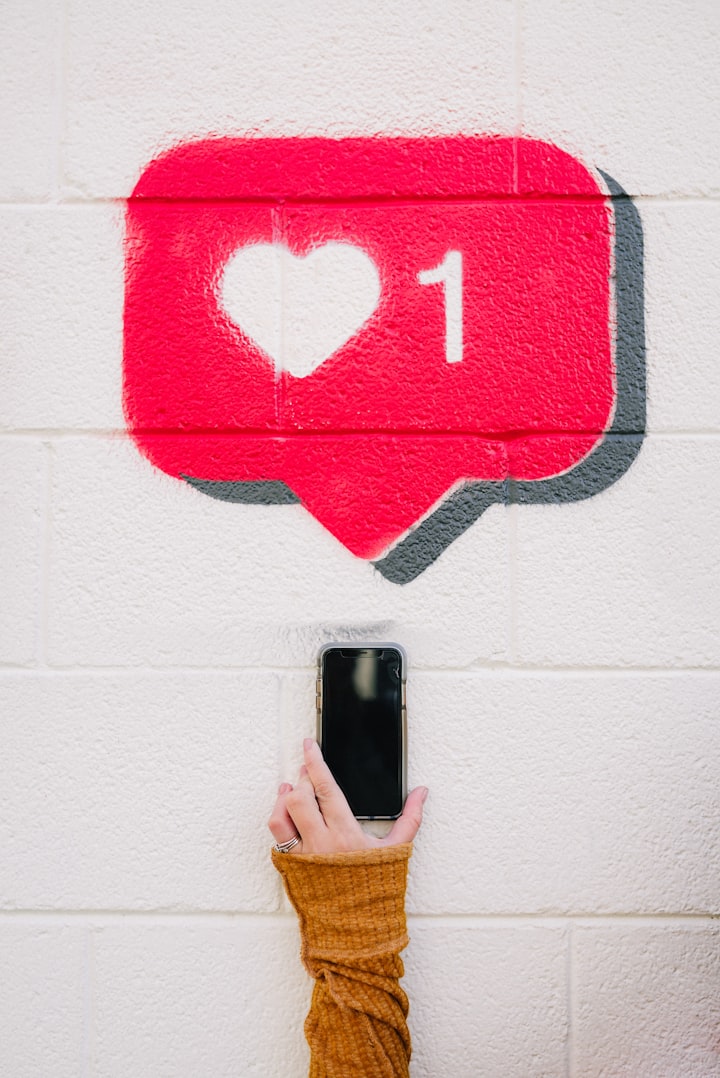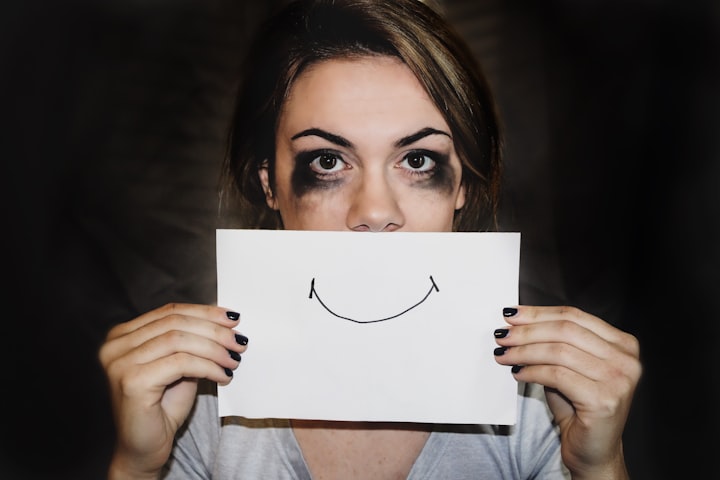
In the age of social media, it's hard to avoid the constant stream of updates and notifications that flood our screens. While it's great for staying connected with friends and family, it can also have a detrimental impact on our mental health. So let's take a closer look at the effects of social media on our well-being and explore some ways to manage its impact.
One of the biggest challenges of social media is the pressure to present a perfect image to the world. Studies have shown that constantly scrolling through filtered and edited photos can lead to feelings of inadequacy and low self-esteem.
It's hard not to compare ourselves to the seemingly perfect lives of others on social media, even though we know deep down that what we see isn't the complete picture. It's like trying to compare our behind-the-scenes footage to someone else's highlight reel.
But it's not just the comparison game that can be damaging. Social media can also contribute to FOMO (fear of missing out) and the belief that everyone else is having more fun than we are. It's easy to feel left out when we see pictures of our friends hanging out without us or going on exotic vacations.
But the reality is that people usually only post the positive aspects of their lives on social media, not the tedious or stressful moments. Picture looking at a menu and only seeing the appetizers and desserts but forgetting about the main course.
Another absurd aspect of social media is the never-ending cycle of notifications. It seems like we're always getting alerts for likes, comments, and direct messages.
It can be hard to resist the urge to check our phones every few minutes, which can lead to a constant sense of distraction and anxiety. Imagine having a tiny personal assistant constantly tapping us on the shoulder and saying, "Hey, someone else just liked your post! You should check it out!"
But it's not all bad news. There are ways to manage the impact of social media on our mental health. One approach is to take a break from social media altogether.
This can be a great way to recharge and focus on other aspects of our lives. We can use the extra time to read a book, walk, or catch up with a friend in person. Arguably, it's similar to taking a mini vacation from the virtual world.
Another approach is to be mindful of our social media use. For example, we can limit our daily time on social media and consciously only follow accounts that make us feel good about ourselves.
We can also remember that what we see on social media doesn't always accurately represent reality. It resembles putting on a pair of rose-colored glasses and recognizing that there's more to life than what we see online.
Ultimately, the impact of social media on our mental health is complex and multifaceted. While it can be a source of stress and anxiety, it can also be a powerful tool for connection and community. By being mindful of social media use and taking breaks when necessary, we can manage its impact and prioritize our well-being.
In short, social media has undoubtedly changed the way we interact with each other and the world around us. It's opened up new opportunities for connection and creativity but also brought new challenges and absurdities into our lives.
By understanding and managing the impact of social media on our mental health, we can enjoy its benefits while avoiding its pitfalls. So let's put down our phones, take a deep breath, and remember that life is more than just the highlights we see on social media.
About the Creator
Edy Zoo
Edy Zoo is an author who writes about social subjects. He contributes to the ever-growing library of social critics.






Comments
There are no comments for this story
Be the first to respond and start the conversation.